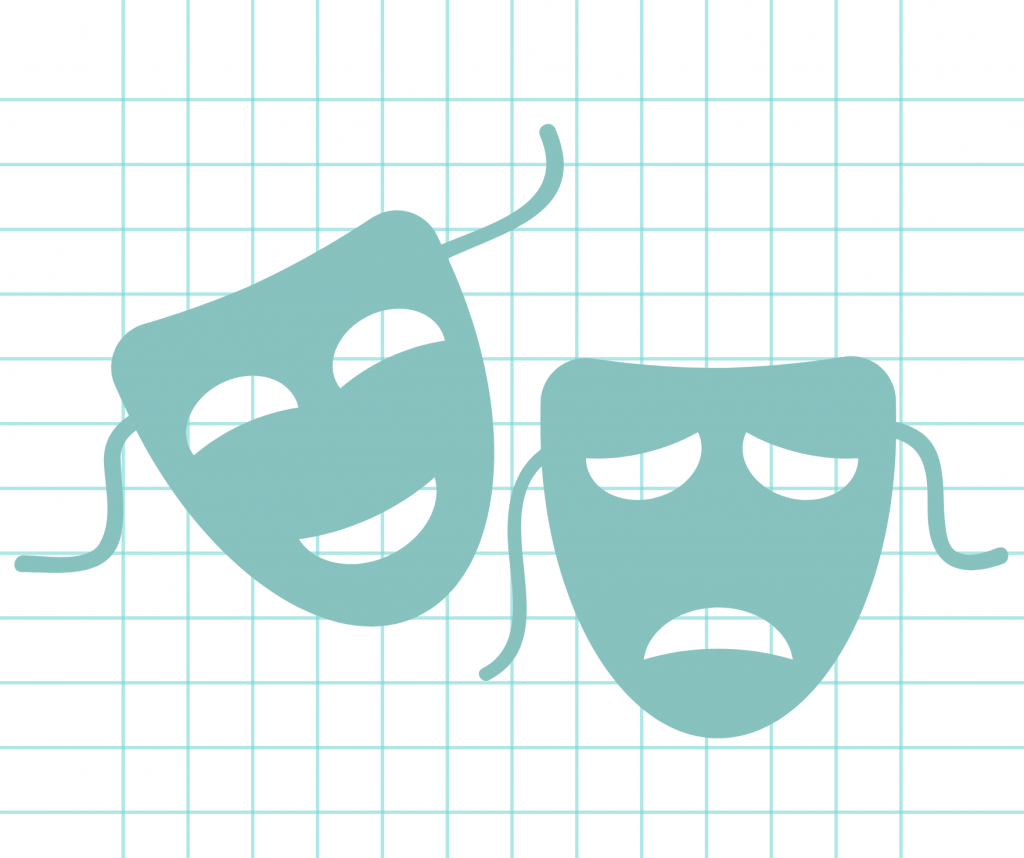
It is perfectly natural to adjust to fit different social situations. We behave differently at work compared to when we are out with friends. How we talk with our partner will be different to how we chat with a neighbour. These natural shifts are a healthy part of being human, shifting to adapt to the person or environment.
However, where people are judged, criticised and ostracised they will learn to ‘mask’ in order to present a version of themselves which they feel will be ‘acceptable’ to others. It is a basic human need to feel accepted and loved.
Autistic/ADHD masking is not the same as naturally shifting to adapt to the environment; it is a trauma response. Historically, due to a lack of understanding around ADHD/Autism, masking was encouraged/forced within families, work places and schooling, through conditioning and compliance.
Many adults were those children who grew up in a time where we just did not know, what we know now. These people may be habitually (and unconsciously) masking in order to comply with societal expectations. The impact of this can be huge on both mental and physical health.
Were you the child at school who pretended to fit in so you were not bullied or so you could have friends? Perhaps you were encouraged/forced to adapt your behaviours to not be lazy, unfocused, disruptive? Are you the adult who puts on a face at work so that others don’t see you struggling? Too often, people hide their anxiety, sensory overwhelm, social discomfort so as not to be ridiculed or criticised.
Signs you might be masking:
- People pleasing, either to fit in or to avoid criticism
- Feeling that you are not being yourself, as if you are suppressing your natural ‘you’
- Suffering anxiety, stress, burnout, depression
- Unhealthy coping mechanisms e.g. disordered eating, alcohol/substance misuse, impulsive spending, problematic relationships
- Feeling not good enough or that everyone seems happier or has their lives more together
- Feeling on tenterhooks, like you’ve done something wrong but are not sure what it is
These things certainly do not in themselves equate to an ADHD/Autism diagnosis. You can suffer these things as a Neurotypical too. No one should have to be a version of themselves that is uncomfortable for them. If you are suffering any of the above, it is a sign to be curious – what’s causing this problem and what needs to change?
But recognising masking behaviours can also be the start of uncovering your neuro-identity. We all have a part to play, in increasing awareness around difference, being proactive in advocating for diversity, being curious about ourselves and supporting our loved ones.
We cannot simply be a world where Neurotypical is the one option/gold standard. There is a richness in diversity. But currently there are hundreds of thousands of people, masking to meet neurotypical expectations. Kind of getting by but maybe not happily. If you think that might be you, please know, you deserve better.
There are lots of support options available to help you understand more about your own neuro-identity. Books, podcasts, ND informed therapy, connecting with understanding people and communities. Don’t struggle alone, there is help out there.
Living your life, your way, is a basic human right. Different, not less.
If you would like to learn more about neurodiversity, especially ADHD and Autism, you are welcome to join our Facebook group here.
If you would like 1-2-1 support to understand your own neuro-identity or to explore masking behaviours, please contact me to discuss further.
